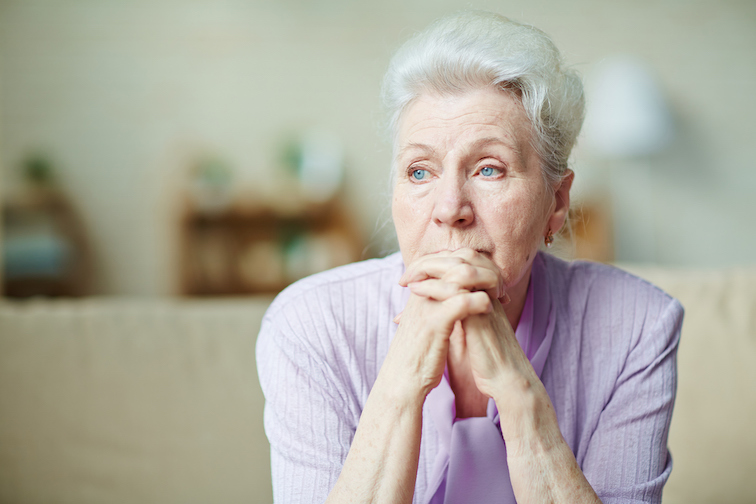
Senior isolation statistics demonstrate the need for older adults to socialize.
Senior isolation statistics show an ever-increasing and very serious epidemic in the United States. As many as 33% of all the elderly live alone, and for many different reasons (limited mobility, chronic health conditions, and loss of friends and family, just to identify a few) socialization turns out to be extremely challenging to maintain.
The truth is, the effects of isolation in older adults have been demonstrated to be as detrimental to their health as smoking 15 cigarettes daily, with an elevated risk for heart-related illnesses, stroke, and even premature death, as outlined by a study conducted by the National Institute for Health Care Management.
It’s also important to be aware of the key differences between isolation and loneliness. According to the late John T. Cacioppo, Ph.D., former director of the Center for Cognitive and Social Neuroscience at the University of Chicago, social isolation is “the objective physical separation from other people (living alone),” whereas loneliness is “the subjective distressed feeling of being alone or separated.” This means that a senior can feel lonely even if surrounded by friends and family, whereas another may spend a lot of time alone, yet not feel lonely.
Both loneliness and social isolation are risk factors for health concerns, and enhancing socialization is extremely important. The good news is that seniors whose lives tend to be more social reap a variety of health benefits, particularly when you look at the aspects of:
- Cognition: The companionship of others offers the means for a release of worry and enhanced mental health, which are proven to favorably affect memory and help prevent cognitive decline.
- Emotional Health: The potential risk of depression, anxiety, and low self-esteem is decreased for those who are socially engaged, providing a sense of belonging and better handling of mental health concerns.
- Physical Health: Exercise is important to optimizing physical health in older adults, and those who sustain social bonds have a propensity to stay physically active and engaged.
In addition to that, social seniors have even been shown to experience a longer lifespan as opposed to those who are more isolated.
As an alternative to Franklin senior home care, Live Free Home Health Care helps seniors overcome loneliness and isolation in the comfort of their own home by providing professional, knowledgeable, friendly, and compassionate caregivers who offer much-needed companionship through:
- Conversations and reminiscing
- Exercise programs
- Arts/crafts as well as other enjoyable hobbies and interests
- Transportation to fun outings in the neighborhood
- Sharing mealtimes together
- And much more
Help an older adult you love experience a much more socially-enriched lifestyle! Give us a call at 603-217-0149 for a free in-home consultation and for more information about our top-rated home care in Franklin and the surrounding communities.
